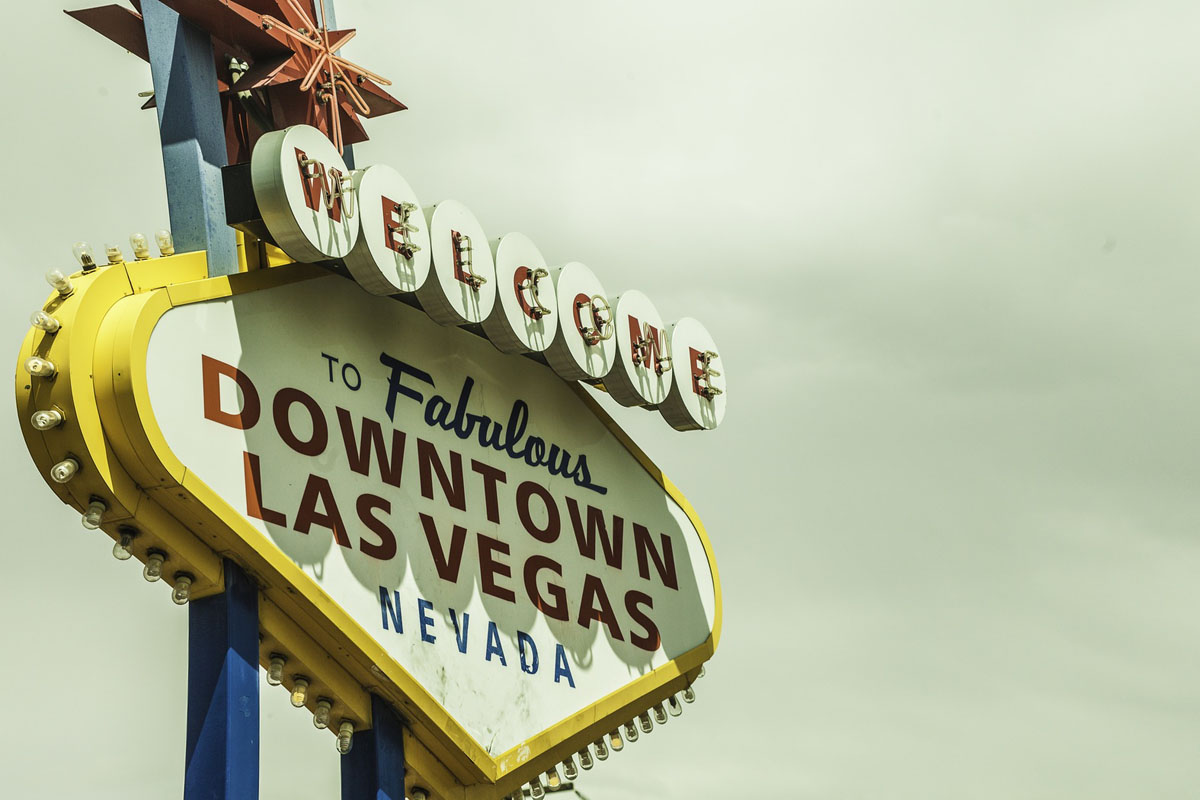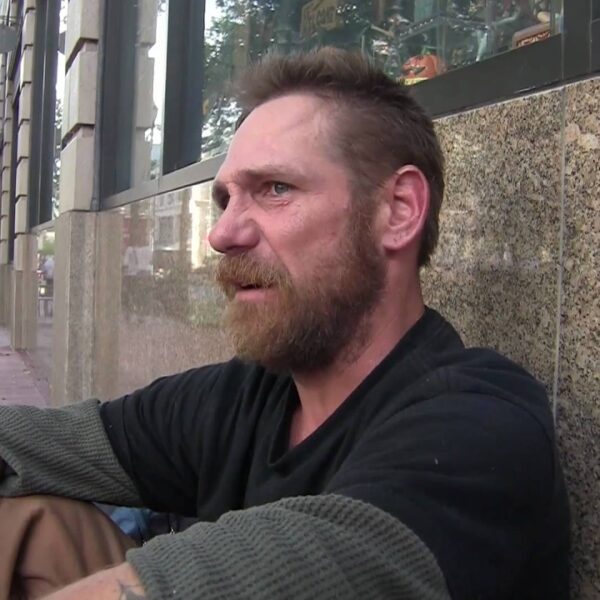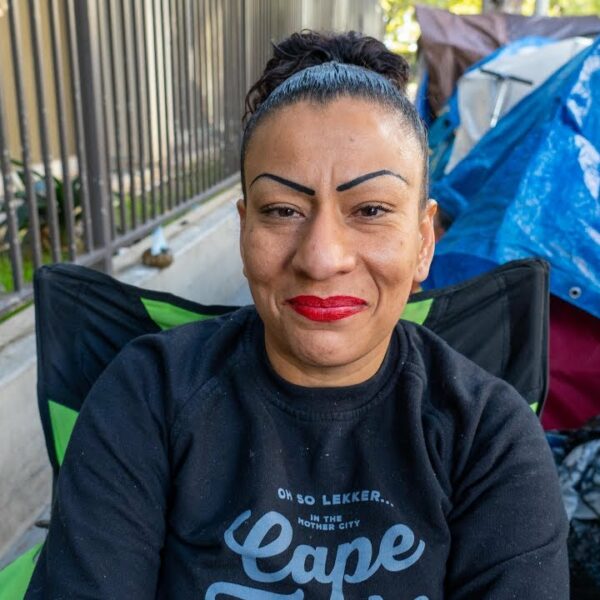Sin City’s New Law Punishes Homeless People for Resting or Lodging on Sidewalks
Las Vegas received a blink-and-you-missed-it rebrand to its legendary What Happens In Vegas, Stays In Vegas motto earlier this year. Sin City now claims What Happens Here, Only Happens Here.
While that phrase may ring true when it comes to entertainment opportunities, homelessness seems to be the great equalizer. According to reports, at least 6,500 people live on the streets of the ironically nicknamed City of Second Chances.
Nevada’s southern city is built on dreams, drawing people from across the country. Folks down on their luck go to Vegas to turn it around. Others seek the soothing catharsis of rolling die and pulling slot machine handles only to find themselves down on luck. The city’s established residents aren’t immune to economic downturns and rising living costs. The net result is a city with disproportionate homeless numbers compared to the rest of the country—a combination of local residents and out-of-towners dogged by misfortune.
The city’s response to increasing numbers of homeless people has been harsh and heavy. Council has made it illegal to rest or lodge on sidewalks. If caught, one can face up to six months in jail or a fine of up to $1,000.
Insufficient Funding and Increasing Intolerance Lead to Hammer Drop
Las Vegas officials approved the law last November in the face of harsh criticism from homeless advocates that described the action as a “war on the poor.” The law states that people found “camping, lodging, sitting, lying down, sleeping and similar activities” in most downtown areas can be charged with a misdemeanor resulting in a heavy fine or jail time “if beds are available.”
Other cities across America have tried to pass similar laws criminalizing homelessness, only to see them shot down as unconstitutional. That’s why the “if beds are available” provision is present. Whether enough beds are available is another issue altogether. Estimates tally 2,000 homeless shelter beds in the city and an open-air courtyard offered by the city that can sleep approximately 300. Those bed numbers are a far cry from Las Vegas’ homeless population.
“It’s criminalizing the homeless [people],” Rev. Leonard Jackson charged at a City Hall protest. He wasn’t alone. Fellow protesters called for “Housing, not handcuffs!” Democratic presidential candidates opposed the law en masse.
The law went into effect on January 1, 2020.
Beyond the monetary cost of a fine or the time served in jail, there’s also the fear that “no lodging” convictions will have long standing repercussions.
“It’s going to affect their ability to get student loans, affect their ability to get housing and access public benefits,” said Arash Ghafoori who works with the city’s homeless youth. This camping ban effectively tosses convicted homeless people out of the frying pan and into the fire.
Nevada is one of a handful of states with no income tax. This makes the state an attractive destination for business owners and retirees. However, it leaves local government shorthanded when it comes to providing the necessary infrastructure to support people with insecure housing. Dwindling federal support for social services in the state doesn’t help either. Some skeptics of the city’s harsh stance against homelessness suspect the lack of homeless support services has more to do with the state’s spending priorities rather than a lack of money.
“If we can build stadiums, then we can build housing for homeless [people],” one housing advocate told the council that passed the camping ban law. He was referring to a $2 billion, 72,000-fan-capacity stadium being built in the desert, due to open later this year. The future home of the NFL team the Raiders is costing a mint, but will likely make that money back in short order.
The NFL is the world’s most lucrative sports league, earning some $13 billion every year. No wonder Las Vegas wants a piece of that action. But what does it say about a state’s priorities when sports stadiums are put ahead of providing adequate housing for homeless people?
Photo courtesy of PxHere













